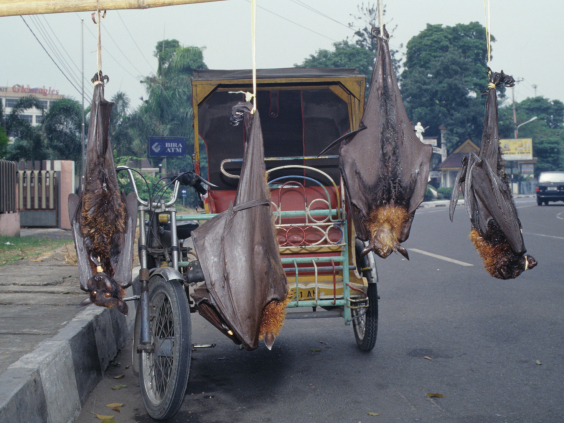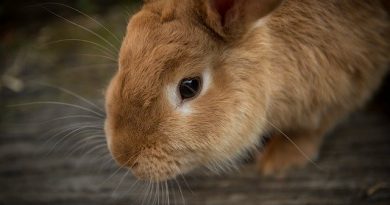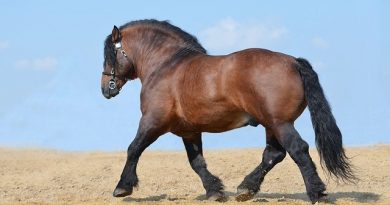Douglas Todd: Hope that COVID-19 crisis reins in wild-animal trafficking
From The Vancouver Sun: https://vancouversun.com/opinion/columnists/douglas-todd-hope-that-covid-19-crisis-reins-in-wild-animal-trafficking/wcm/28ccb085-4a8b-426f-b989-f31ba53adaa4/
By Douglas Todd
Richard Thomas has witnessed the way wild birds, lizards, civets, pangolins, bats and other creatures are crammed alive into small metal cages stacked on top of each other in open-air street markets, often abutting other foodstuffs.
The senior director with Traffic, an NGO (non-governmental organization) that monitors world wildlife trade, has watched as the morose animals, often poached, wait in the East Asian heat for whatever the man or woman who hands over enough cash has in store for them.COVID-19: A new normal: 8 things to know | Vancouver Sun
A few are turned into pets. But it’s more common for the animals to be eaten or have their parts, organs or feces blended into traditional Asian medicines, Thomas says from Cambridge, England, the headquarters of Traffic, which has 150 personnel around the world.
A host of epidemiologists believe wild-animal markets, frequently unsanitary, are the source of the novel coronavirus that has swept the world, killing 284,000 by midweek and shuttering economies. Wild-animal trade has also been pinpointed as the root of some earlier viral outbreaks, which originated in bats and were transferred through other animals to humans.
The presence of wild creatures in Asia’s crowded “wet markets,” which sell fresh produce and other perishable goods, is known to spread disease, leading medical journals have reported. Last week, the World Health Organization acknowledged one such market in the central Chinese city of Wuhan played a role in the COVID-19 outbreak.
Traffic applauds the emergency measures that China brought in in February to temporarily halt trading wild animals for food. But through its many staff members in China, as well as in Vietnam, Thailand and Indonesia, Traffic has been appealing for wider reforms.
Thomas believes the devastation wrought by COVID-19 will finally wake the world up to the grim effects of clandestine animal trafficking, which Traffic has for decades been fighting — with mixed success — on several fronts.
![Fruit bats in cages, Shot in Barito market near Jakarta, Indonesia. For Douglas Todd Vancouver Sun column published on May 16, 2020. (Photo: Traffic.org) [PNG Merlin Archive]](https://postmediavancouversun2.files.wordpress.com/2020/05/unknown-1.jpeg.jpg?quality=100&strip=all&w=564)
The public has heard about the conservation front: That poaching is seriously threatening elephant, rhino, tiger, bear, Arctic narwhal and other animal (and plant) populations. The second front, now slapping the world in the face, centres on the way wild-animal trafficking keeps emerging as the key source of global pandemics.
The disruption sweeping the planet via COVID-19 has been predicted not only by countless epidemiologists, but by everyone from Stephen Soderbergh, director of the evidence-based film Contagion, to Microsoft billionaire-philanthropist Bill Gates, who has widely shared his expertise in zoonotic diseases, the kind that exist in animals but can infect humans.
A few years ago, Chinese scientists found the SARS outbreak of 2003 originated in bats in the Yunnan province, which was then transferred through civets (similar to mongooses) to people. The MERS epidemic of 2017 was also traced to trade in bats, which jumped to humans via camels.
National Geographic, following Canadian historian Mark Humphries, has reported that even 1918’s so-called Spanish Flu, associated with wild birds, likely emerged through migrant labourers from China brought to Europe during the First World War.
So it’s good news that China’s leaders this year banned street-trading in wild birds and mammals, such as bats and pangolins — at least for use as food.
A problem, however, is that China has not stopped or controlled trade in wild birds and mammals for traditional Chinese medicine (TCM).
Instead, President Xi Jinping has been vigorously promoting TCM as the alternative to Western medicine, proudly dispatching TCM practitioners to Italy and Iran to help combat COVID outbreaks.
The effectiveness of TCM, however, has long been questioned by Western medical officials, who point out it doesn’t stand up in medical trials. But a lesser-known trouble with TCM is that major branches of it rely on trafficking wild animals.
![Live (Sunda) Pangolins in cages. Photographed at a market stall in Jakarta, Indonesia. For Douglas Todd Vancouver Sun column published on May 16, 2020. (Photo: Traffic.org) [PNG Merlin Archive]](https://postmediavancouversun2.files.wordpress.com/2020/05/unknown-2.jpeg-copy.jpg?quality=100&strip=all&w=564)
Bat parts, including bat fecal material, are widely used in traditional Chinese medicine. There is something, Thomas said, about these flying nocturnal mammals that makes humans believe they have quasi-magical healing powers.
The same goes for endangered pangolins, small anteaters that protect themselves by rolling into a ball. Although not well known in the West, these harmless creatures are the world’s most trafficked animals.
Many scientists are convinced pangolins are the intermediaries that transmitted COVID-19 between bats and people. But pangolins continue to be traded in Africa and Asia because their plates and organs are believed to have remarkable healing effects, including for breastfeeding.
Efforts are being made to stop the poaching and illegal “farming” of pangolins. Traffic has tracked how China, Vietnam, Thailand and Indonesia have conducted hundreds of seizures of live pangolins on their way to market (see chart at the bottom of this column). And an online survey by conservation organizations in China suggests that, in light of COVID-19, nine of 10 residents of the country want to stop their trade.
But traditional Chinese medicine continues to expand. It’s not only China’s leaders who are striving to make it more mainstream in Asia, where the industry is said to be worth $100 billion annually. TCM is also increasingly popular in the West.
![Different animals, among them a Malay Civet, monitor lizard, macaque, box turtle and treeshrew, in cages in a market near Jakarta, Indonesia. For Douglas Todd Vancouver Sun column published on May 16, 2020. (Photo: Traffic.org) [PNG Merlin Archive]](https://postmediavancouversun2.files.wordpress.com/2020/05/unknown-3.jpeg.jpg?quality=100&strip=all&w=564)
British Columbia was among the earliest in the West to give the stamp of approval to TCM. Years ago it responded to lobbying by establishing The College of Traditional Chinese Medicine Practitioners and Acupuncturists, which now has about 2,300 registered members, the majority of whom distribute TCM.
And the World Health Organization, which once dismissed traditional Chinese medicine, last year — under pressure from China — expressed an open mind towards it.
The WHO’s equivocation means that for the foreseeable future the illegal hunting of rhinos, tigers and bears, whose horns and body parts are said to improve human vitality, will likely rage on. And bats, pangolins and other wild animals will continue to be bought and sold, often alive, in open markets bustling with susceptible humans.
While an outright ban on trading wild animals might sound like the answer, Traffic has found that prohibitions often just drive trafficking underground. And that seems to be the case with the animals associated with COVID-19. Now that their sale is temporarily forbidden in the wet markets of China, traders have been hawking bats and pangolins over the Internet.
Buffeted by COVID-19, the world is only at the beginning of taming the dangerous wild-animal trade. But dramatic reform must be on the way.
dtodd@postmedia.comFollow @DouglasTodd





